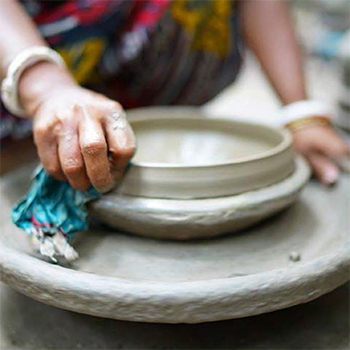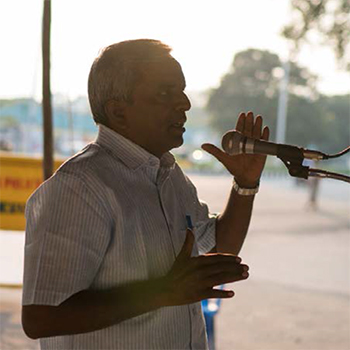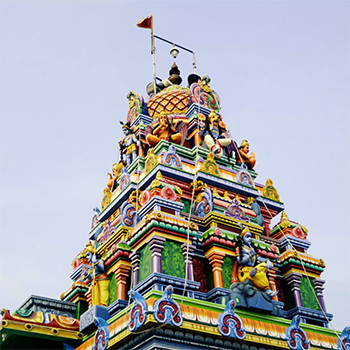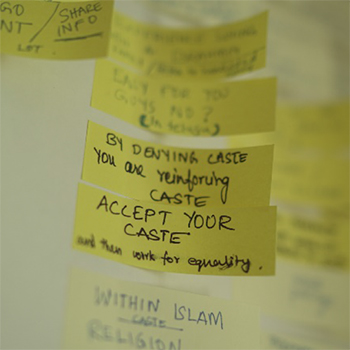Meritocracy is a social system in which people hold positions exclusively based on their abilities. But India, as a democracy, undertakes several measures to reduce the inequality caused by historical prejudices by showing positive discrimination like caste-based reservations.
The Indian Institutes of Technology were established after Independence to create trained technical personnel of international standards for the nation. In order to establish "merit" as the only criterion for admission into these institutes, they were originally exempt from the policy of reservations. Extant structural inequalities ensured that only the "already privileged" could find their way into these spaces of "merit". As a result, these institutions have until recently been almost exclusively populated by the upper castes, who, through the instruments of merit, were able to transform their caste capital into modern, "caste-less" capital.
All this changed with the introduction of a 22.5% reservation for Scheduled Castes and Scheduled Tribes in 1973 and 27% for Other Backward Castes in 2006. This has transformed the IITs into heterogeneous, complex, and often volatile, politically charged spaces.
The encounter of the ideologies of meritocracy and caste in the spaces of IIT Bombay throws up interesting, difficult questions. This film is an attempt to identify, articulate, and interrogate the complexity caste brings to the IIT Bombay campus by exploring the stories of people who are part of it.









